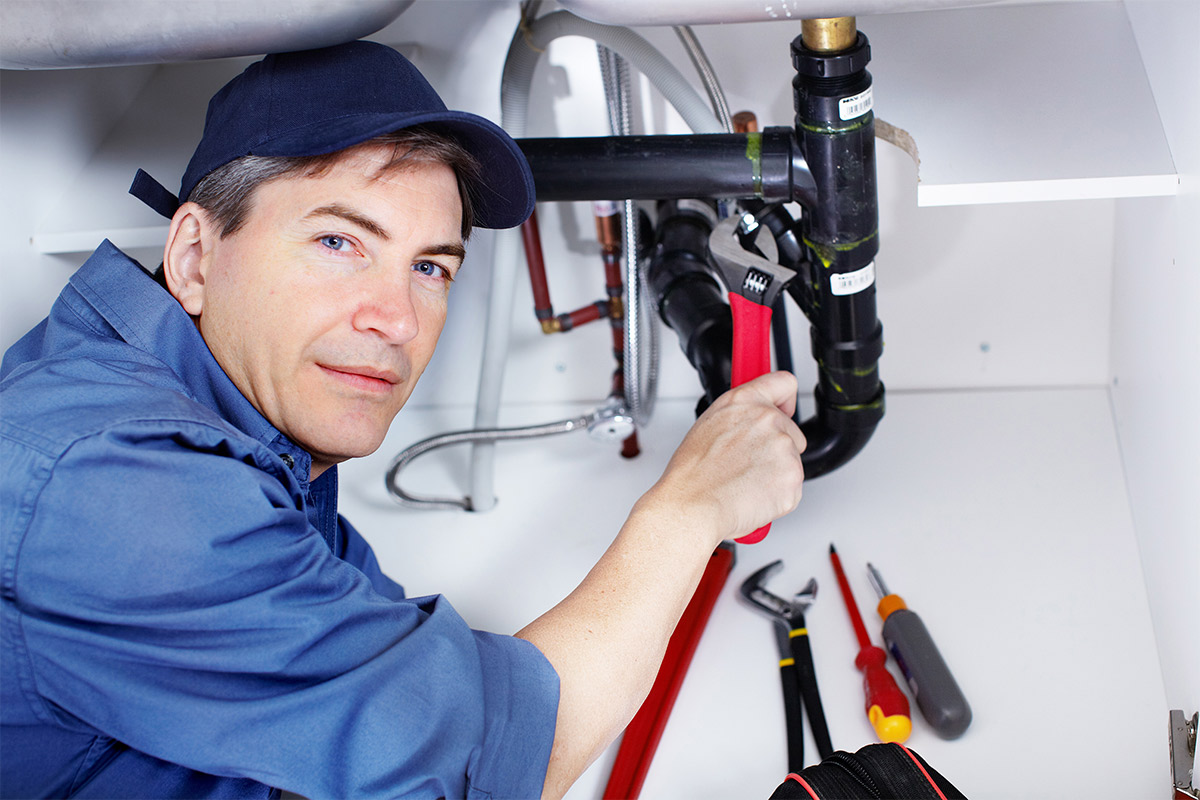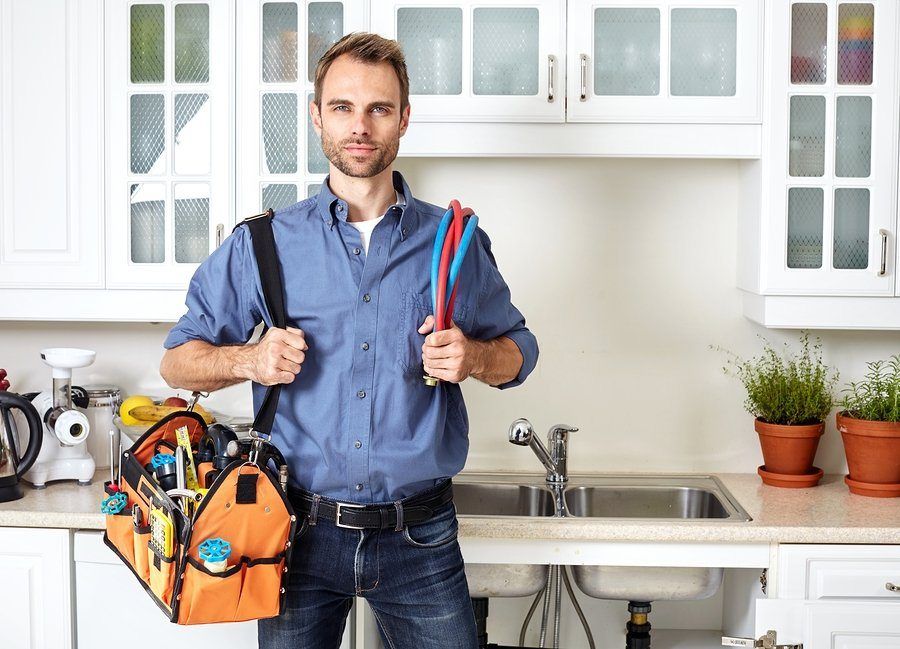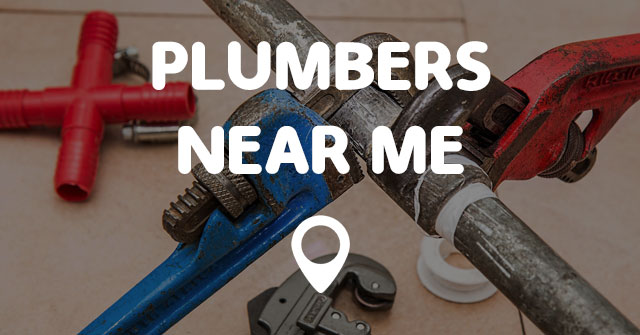Water damage can wreak havoc on your home, from destroying floorings to promoting mold growth. Whether it's a leaking pipe or a natural catastrophe, you'll need to remain vigilant to avoid such pricey and harmful problems. What are the major offenders behind water damages, and how can you protect your home? By recognizing the common causes and taking aggressive steps, you can secure your investment and maintain a healthy and balanced, completely dry living setting.
Leaking pipes is one of the most common offenders of water damage, as even a tiny drip can lead to substantial concerns gradually.
You'll want to on a regular basis evaluate your pipes for any type of indications of deterioration, such as fractures, rust, or loosened fittings. Establishing a maintenance routine is vital aim to check your plumbing at least yearly, or more often if you have an older home.
If you do uncover a leak, do not wait to resolve it. Also a tiny drip can cause mold and mildew, mold, and structural damages in time. Shut off the water, if possible, and call a specialist plumbing to identify and fix the problem. They can additionally offer recommendations on upgrades or replacements that may aid prevent future leaks.
Remaining on top of your plumbing maintenance is a crucial part of safeguarding your home from water damage. With diligence and punctual activity, you can capture troubles early and avoid pricey repair services down the line.
When natural calamities strike, you may deal with severe water damage.
Flooding and heavy rainfall can flood your residential or commercial property, while typhoons and twisters can cause catastrophic damages.
These all-natural occasions can rapidly transform your home or organization into a waterlogged headache, needing timely action to mitigate the impact.

Caused by hefty rains, flooding can damage your home, causing expensive repair work and potential carcinogen. To avoid flood-related water damage, proper rainwater administration is crucial.
Start by guaranteeing your rain gutters and downspouts are clear of particles, permitting rain to stream easily far from your home's foundation. Consider installing a sump pump in your basement and check that it's functioning appropriately. Elevating your home's devices and belongings can additionally safeguard them from increasing floodwaters.
Landscaping selections play a crucial duty in flood avoidance. Choose permeable surface areas like pavers or gravel that allow water to soak right into the ground, rather than overflow. Plant native, water-tolerant plant life around your property to take in excess moisture.
Remain watchful throughout hefty rains, and be prepared to act promptly to protect your home if flooding seems imminent. By taking positive actions, you can minimize the effect of flooding and precipitation-related water damages.
Powerful typhoons and ravaging hurricanes can swamp your home with hefty rainfalls, high winds, and tornado rises, bring about devastating water damages. Do not wait till it's far too late - take aggressive steps to prepare for these all-natural catastrophes.
Buy hurricane-resistant doors and windows, and take into consideration mounting a sump pump to prevent cellar flooding. Make sure your homeowner's insurance policy covers twister damage, as these fast-moving tornados can cause roof covering leakages, damaged pipes, and swamped basements.
Consistently check your home's outside for any vulnerabilities, and clear rain gutters and downspouts to assure appropriate drain. If a hurricane or twister is headed your method, secure loosened outdoor things, trim trees and bushes, and have an emergency kit accessible.
Devices like cleaning makers, dishwashers, and hot water heater can malfunction and result in considerable water damage if not correctly preserved or monitored. A fractured washing equipment hose or a dripping hot water heater can swiftly flooding your home, triggering thousands of bucks in damages. That's why home appliance maintenance is vital for emergency situation readiness.
Make certain to frequently evaluate your appliances for any indications of deterioration, and change any type of worn or damaged parts promptly. It's additionally a great concept to understand where the shut-off valves are for your home appliances so you can promptly shut off the water system in the event of an emergency situation.
In addition, consider investing in a water-sensing alarm system that can find leaks and automatically shut off the water. This can offer you assurance and aid avoid pricey water damages if an appliance breakdown occurs when you're away from home.
Along with device breakdowns, inadequate drain systems can also result in considerable water damage in your house. Blocked rain gutters, damaged downspouts, and inadequate rating around your structure can enable water to gather and permeate right into your home's framework, creating pricey repairs.
Proper water drainage maintenance is important to protecting against water damages. On a regular basis tidy your seamless gutters and ensure downspouts are routing water far from your home's structure. Furthermore, inspect the rating around your home - the dirt should slope away from the structure to advertise proper drainage.
If you discover locations where water often tends to pool, take into consideration re-grading or setting up additional water drainage remedies, such as French drains pipes, to deal with soil erosion and boost water circulation.
Don't wait till you discover water leakages or damages to address drain concerns. Aggressive maintenance can conserve you from the frustration and cost of water damages repair services down the line.
Clogged seamless gutters can bring about overflows, which may then cause water to gather around your home's structure and even permeate into your roof covering.
Leaks in your roofing system can permit water to penetrate your home, potentially destructive your wall surfaces, ceilings, and items. water heater repair near me
If you notice any type of issues with your rain gutters or roof covering, it's important to address them promptly to prevent more water damage.
Overflowing gutters can swiftly lead to water gathering around your home's structure, potentially triggering issues like basement flooding or architectural damage.
Stopped up rain gutters disrupt the correct flow of water, triggering it to overflow the sides instead of being directed far from your home. This can result in water damages to your home siding, fascia, and even the structure itself.
Normal rain gutter upkeep is important to stop this issue. Make certain to clean leaves, twigs, and various other debris from your seamless gutters a minimum of two times a year. This will certainly assure water can stream openly via the system and far from your home.
You ought to additionally take into consideration installing gutter guards or covers to reduce the amount of material that gathers in the rain gutters with time.
Roofing system leakages can bring about substantial water damages if left unaddressed. Jeopardized roof materials, missing out on shingles, or incorrectly sealed flashings can all permit moisture to penetrate your home, possibly creating mold and mildew, wood rot, and other pricey concerns.
That's why normal roof upkeep is important to avoid leakages from happening to begin with. Make certain to inspect your roofing consistently, looking for any indications of damages or wear. Check for missing out on or crinkled shingles, fractured sealers, and correct flashing around chimneys, vents, and various other roofing penetrations.
If you identify any kind of issues, resolve them quickly before they intensify. You might also want to consider employing an expert roofing professional to perform a comprehensive evaluation and identify any type of potential leakage factors.
Drip discovery is an additional crucial step in preventing water damage. Keep an eye out for indications of leakages, such as water stains on ceilings or wall surfaces, and address them promptly.
Basement flooding commonly comes from problems with your home's plumbing or sump pump, which can permit water to build up in the lowest level of your house. A defective sump pump is one of the key offenders, as it is in charge of removing excess groundwater and preventing it from seeping right into your cellar. If your sump pump fails or can not keep up with heavy rainfall, you're most likely to experience a swamped cellar.
Fractures or openings in your cellar walls or floorings can additionally contribute to flooding, as they give access factors for groundwater. Investing in correct basement waterproofing is important to secure these vulnerabilities and keep your lower level dry. In addition, clogs in your house's drain system, such as stopped up seamless gutters or downspouts, can cause water to support and enter your cellar.
To avoid cellar flooding, maintain your sump pump, deal with any type of structural concerns, and make sure your home's drainage system is working correctly. Taking positive actions can aid shield your property and protect against costly water damage.
Alongside problems with your home's pipes and drainage, excess dampness from condensation and humidity can likewise result in considerable water damages.
You might not understand it, yet the air in your house continuously holds some degree of water vapor. When this damp air enters into call with a cooler surface, like windows or wall surfaces, the dampness condenses and develops into liquid water. In time, this condensation can soak into products, causing mold, mildew, and rot.
To stop condensation-related water damages, focus on enhancing your home's moisture control. Run exhaust followers in bathrooms and kitchen areas, use a dehumidifier, and guarantee appropriate ventilation throughout your home.
Seal any air leakages and protect wall surfaces, attic rooms, and crawl rooms to preserve a regular temperature level and decrease condensation. With the right humidity control measures, you can quit excess wetness from building up and creating expensive water damages to your home.

Sometimes, basic human mistakes or neglect can additionally result in significant water damages in your house. For example, neglecting to turn off the faucet or leaving the bath tub operating can cause flooding and pricey repair services. In a similar way, disregarding to clean your gutters and downspouts can create water to support and permeate right into your walls or structure.
Another common issue is falling short to without delay attend to leakages, whether from damaged appliances, damaged pipes, or defective plumbing. Overlooking these issues can allow water to accumulate, causing mold growth, wood rot, and structural damage.
To prevent water damage from human error, make house upkeep a concern. Regularly evaluate your home for any kind of indicators of leaks or water build-up, and address issues as quickly as they occur.
Additionally, bear in mind your water usage and establish good practices, such as switching off faucets and keeping track of devices. With proactive water damages avoidance, you can safeguard your home and avoid the headache and cost of pricey fixings.
To identify hidden water leaks in your house, you'll require to conduct an extensive pipes inspection.
Start by inspecting your water meter - if it's running when no taps remain in usage, you likely have a leak.
You can also pay attention for the noise of running water behind wall surfaces or floorings.
In addition, use a moisture meter to scan for wet areas that could suggest a concealed leak.
If you presume an issue, it's best to have an expert leakage discovery expert evaluate your home.
Look for indications of foundation problems like splits or irregular floors - these could be allowing wetness and triggering water damage.
Pay attention to stuffy odors, peeling paint, and warped walls or floors, as these may suggest wetness intrusion from foundation troubles.

If you detect any kind of worrying signs, don't wait - have a specialist examine your home to recognize and deal with the root cause before it leads to additional damage.
To decrease your insurance coverage costs for water damage, focus on water damage avoidance.
Install water sensors and automated shut-off valves to find leaks early.
Upgrade aging pipes and devices, and warranty proper drainage around your home.
Preserve rain gutters and downspouts to divert water far from the foundation.
Definitely, water damages can cause significant wellness issues for your family members. Unsettled water leaks and excess wetness can foster mold and mildew development, which can trigger respiratory problems like bronchial asthma and allergic reactions when your family is subjected.
Do not overlook indications of water damages - act promptly to attend to the origin and appropriately tidy and dry any type of affected locations. Your household's wellness depends upon immediately settling any water issues in your house.
As a property manager, you have legal obligations to resolve water damages in your rental home.
By legislation, you must preserve the property and promptly deal with any kind of issues that could lead to water damages.
If you stop working to do so, your occupants deserve to withhold rent or take lawsuit.
Prioritize stopping and addressing water problems to maintain your responsibilities and protect your tenants' health and wellness.
To avoid costly water damage, you'll intend to proactively check your home's plumbing, appliances, and drain systems.
Keep your seamless gutters and be planned for natural catastrophes.
Install a sump pump to stay clear of cellar flooding, and control interior humidity to quit condensation issues.
Don't allow human error or oversight lead to preventable water damage - take the necessary steps to safeguard your home.